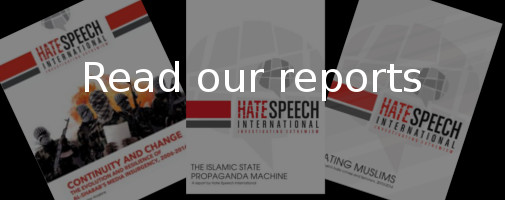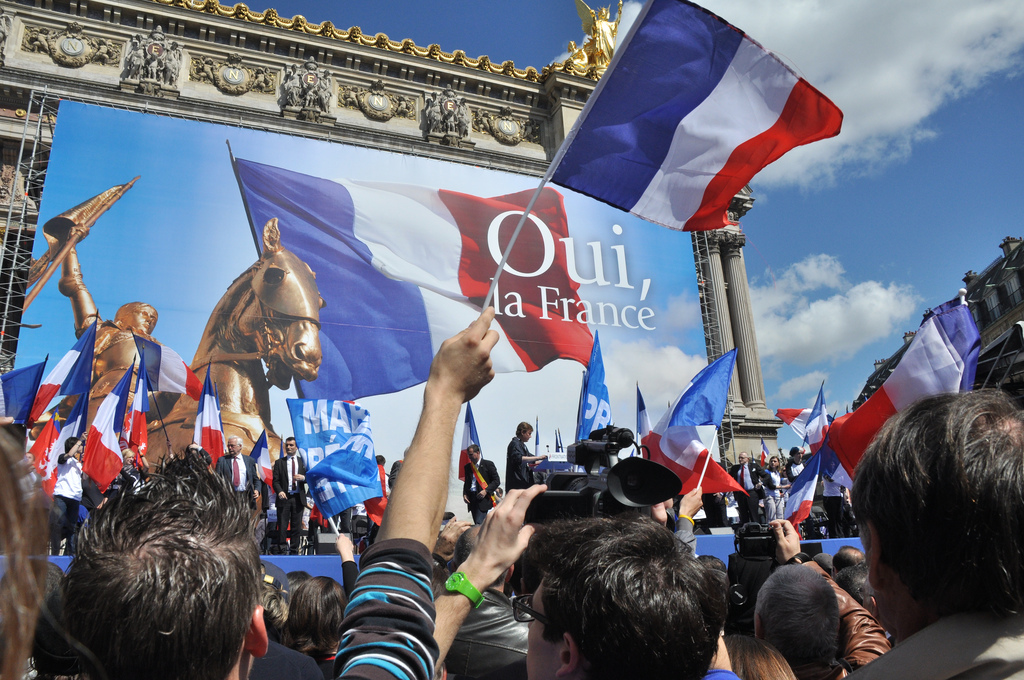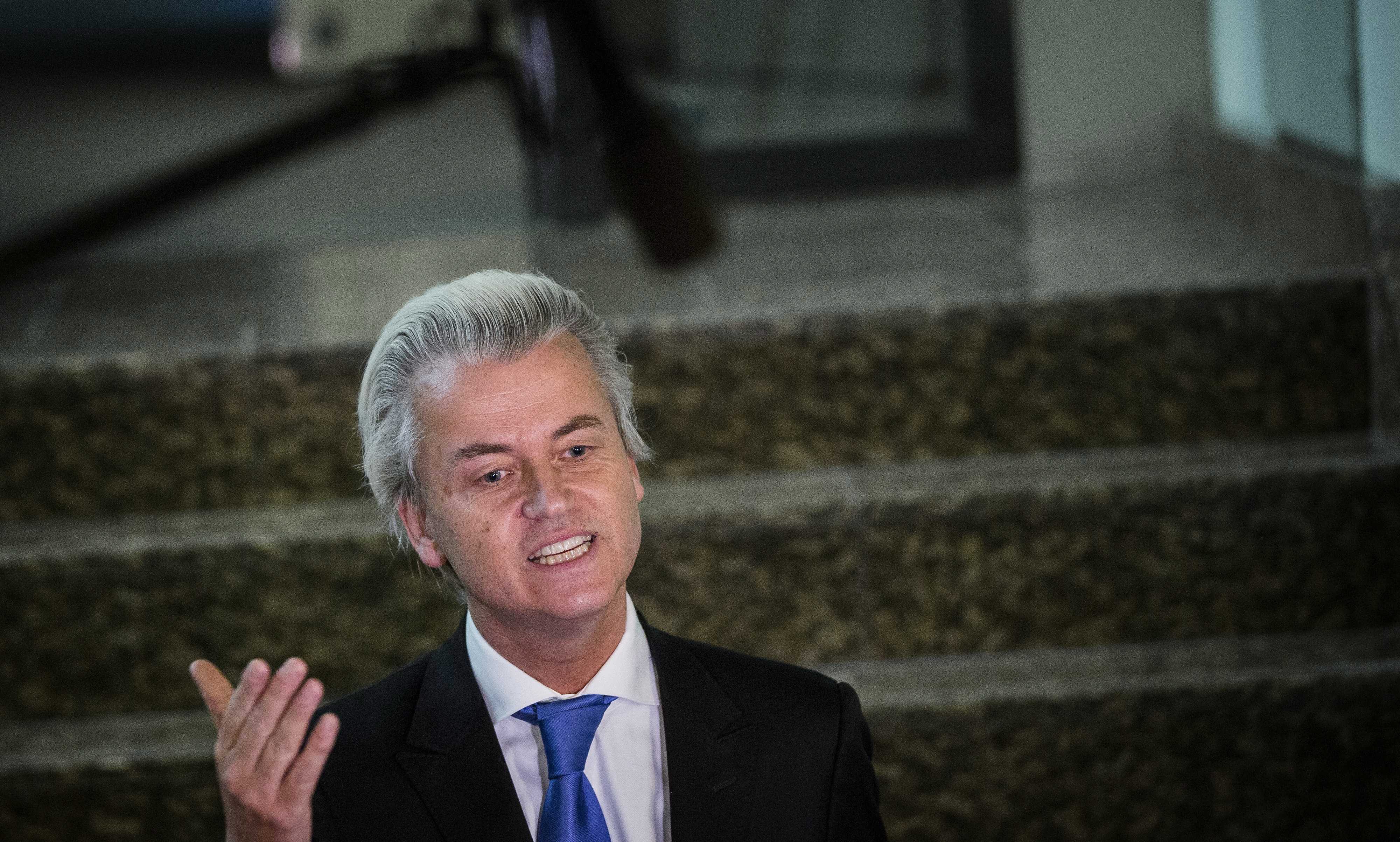OP-ED: Trump finds supporters on the European populist right.
by Péter Krekó
“We Hungarians and Europeans have an interest in an American foreign policy which does not seek to export democracy, does not destabilize regions and which unequivocally calls for the reinstatement of nation states’ sovereignty with regard to migration. This is what Mr. Trump is talking about, while Mrs. Clinton talks about continuing what we are now suffering from in Europe. … The Democratic Party’s foreign policy is bad for Europe and deadly for Hungary because it supports migration and the export of democracy,” said Viktor Orbán, prime minister of Hungary in open praise of presidential candidate Donald Trump. He said it repeatedly, while claiming that he does not aim to endorse any candidate.
Such open support is quite rare on the centre right in Europe, where Orbán officially belongs. In fact, leading politicians in the moderate right European People’s Party – which includes Orbán’s party – have, in an unprecedented move, distanced themselves publicly from the Republican candidate.

All photos from WikiCommons. Sources: Kremlin (Orbán), Michael Vadon (Trump), and David Iliff (Farage). Under Creative Commons BY-SA 4.0, 2.0 and 3.0 respectively.
However, Orbán’s enthusiasm about Trump’s security and migration policy – whatever that means – is definitely not unusual within Europe’s populist radical right, where Orbán’s real comrades, allies, supporters and admirers are also found. For example, Marine Le Pen, the leader of the French far right, proclaimed her similarity to Trump “because we are not part of the establishment, we are not part of the system, and we do not depend on anybody and we don’t take orders from anyone”. The leader of the Austrian Freedom Party, Heinz-Christian Strache cheered Trump’s strong stance against Merkel’s refugee policy. Far right leaders Geert Wilders, from the Netherlands, and Matteo Salvini, of Italy, also support Trump for similar reasons. Nigel Farage, interim leader of the UK Independence Party, went as far as sharing a stage with Trump and encouraging his supporters.
Why are leaders of the European radical and populist right openly supporting Trump? What do they have in common? The common denominators are obvious: The anti-immigration stance, the focus on security and law and order policies, including the strong belief that ‘The Wall’ is a way of keeping out migrants. While Trump talked about it in theory, Orbán actually built a fence on the southern borders of Hungary to the delight of the European populist right.
But there are also reasons beyond the obvious. The European radical right wants a Trump-style isolationist United States that would stop the export of democracy for at least four reasons: First, most of them don’t like NATO and even call for its abolition, making them natural allies with a presidential candidate who openly questions the very core of the alliance: the collective defence. Second, for elected leaders in power such as Orbán, U.S. isolationism could shield them from Washington’s criticism for undemocratic moves. Other right-wing politicians who have the hope at becoming leaders of their respective countries, such as Norbert Hofer in Austria and Le Pen in France, may surely hope for the same.
Third, these leaders are interested in a change in the European and global status quo, and they are openly calling for a stronger alliance or friendship with Russia. In several cases, there are extensive political, and in some cases, economical and financial ties with Vladimir Putin’s regime. And finally, as domestic politics become increasingly international following the financial and refugee crises, they feel that they can benefit from each other’s gains. As Brexit gave momentum to anti-European forces across the Continent, a Trump victory could lead to successes for the European far-right and populist right, not only because they endorsed him, but also because Trump’s election would send the message: Nothing is impossible anymore.
These factors are malevolently interlinked. For example, Trump and European populist leaders talk about the need to stem the flow of refugees, leading to an almost instantaneous increase in their popularity ratings. While they repeatedly criticize the West for the Middle East crisis, they don’t say a word about Putin’s crimes against humanity in Aleppo in cahoots with Syrian President Bashar al-Assad that just exacerbates the refugee crisis. These politicians, who come from outside the mainstream, feel that economic hardships, Brexit, terrorist attacks and the refugee crisis can sweep away the current elites in Europe and that their own time is coming.
The same applies to Putin, who is openly interested in a weaker and more divided West which is less threatening as a competitor and easier to influence. The links between European populists, Trump and Russia are not accidental. Even if their alliance not one of puppets run by a master’s grand scheme, we can definitely talk about a marriage of convenience, or even an axis based on shared values, goals, fates, and interests. That which divides the West unites these players. The greater the problems in the West, the greater the mess in Europe, is all the better for them. They may claim to be interested in law and order, but their real political interest is in increasing chaos to the point that it generates change, and, as a result, they think: “The black sheep will become the flock and the exception becomes the rule”.


 Print Friendly
Print Friendly







No comments yet.